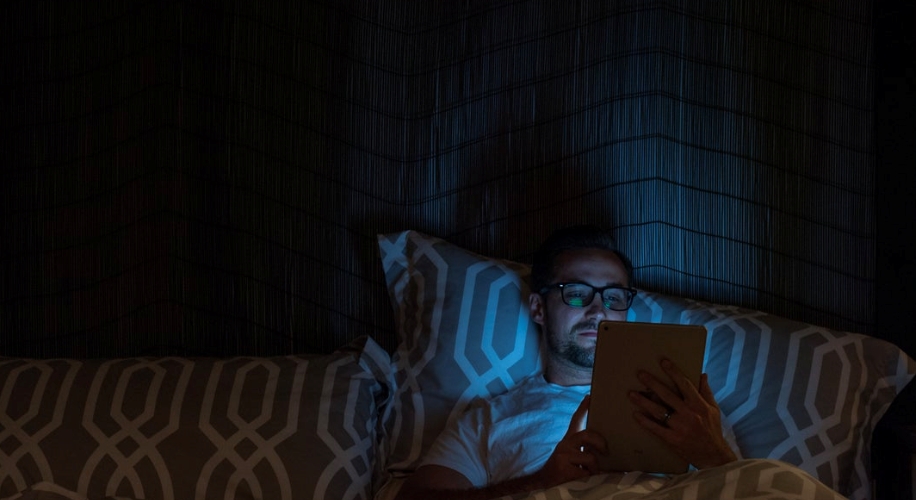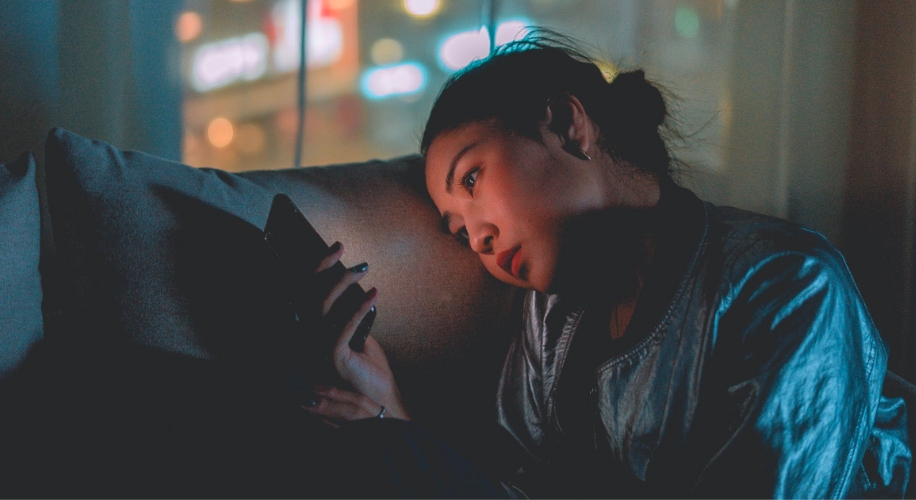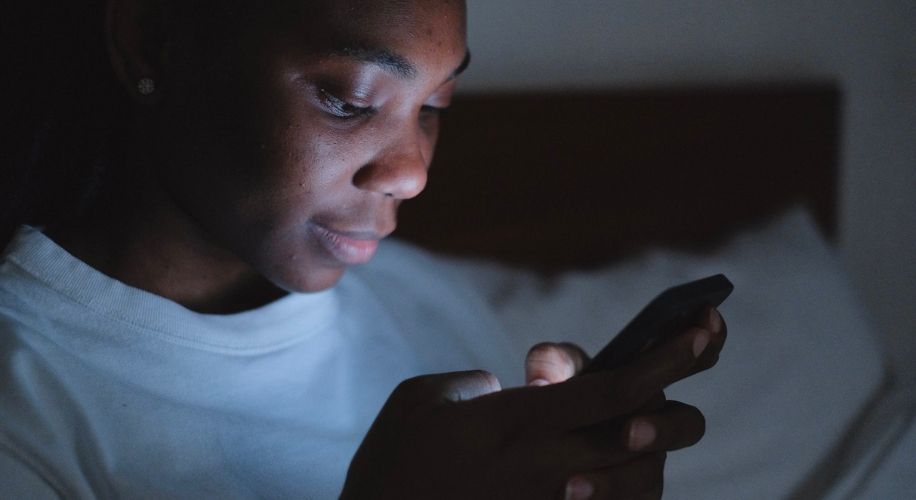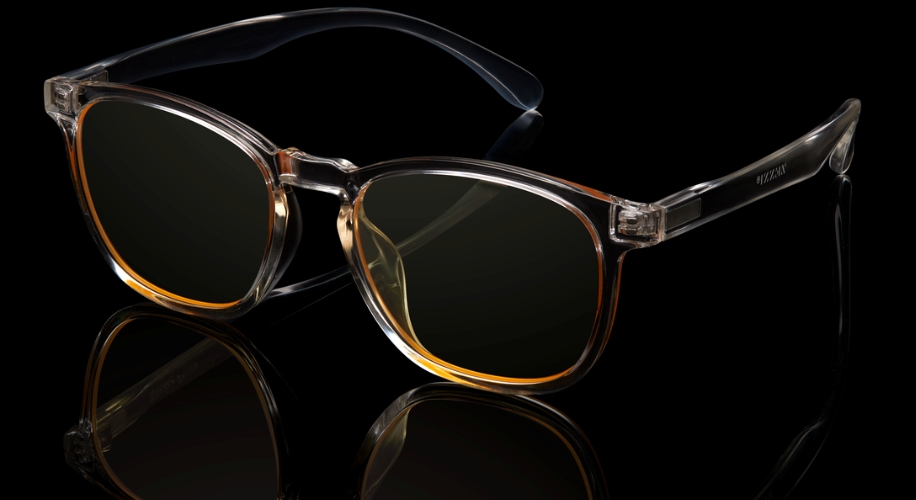How Blue Light Affects Your Sleep: Insights from Recent Research

Image from Sora Shimazaki
Are you guilty of scrolling through your smartphone late into the night? We’ve all been there, but what if we told you that this innocent habit might be negatively impacting your sleep and overall well-being? A recent research article, titled “The Impact of Smartphone Use and Short-Wavelength Light during the Evening on Circadian Rhythm, Sleep, and Alertness” by Christopher Hohn and his colleagues, sheds light on the consequences of smartphone use before bedtime. As your go-to destination for stylish and affordable eyewear, Zenni Optical is here to discuss the findings and offer a solution that could help you get a better night’s sleep.
The Impact of Smartphone Use on Sleep

Image from mikoto
The research article reveals that the use of smartphones, especially in the evening, has become increasingly common in recent years. However, it also highlights that this habit is associated with several negative effects on our sleep and alertness. The key findings from the study include:
1. Smartphone Use and Sleepiness: The research shows that reading on a smartphone can lead to a decrease in subjective sleepiness during the evening compared to reading printed material. In other words, smartphone use can make you feel less tired, potentially affecting your ability to fall asleep.
2. Cortisol Levels: Using a smartphone without a blue light filter in the evening can result in elevated cortisol levels in the morning. Cortisol is a stress hormone that should decrease throughout the day, reaching its lowest point around midnight. However, smartphone use without a filter disrupts this pattern and reduces the cortisol awakening response.
3. Melatonin and Vasodilation: Evening melatonin levels and nightly vasodilation (changes in skin temperature) are affected by the type of light you’re exposed to. Using a smartphone before sleep can suppress melatonin secretion and influence body temperature regulation, which, in turn, can affect sleepiness and the ability to fall asleep.
4. Slow Wave Sleep (SWS) and Alertness: Reading on a smartphone without a blue light filter can reduce the amount of slow wave sleep and slow wave activity during the first part of the night. SWS is crucial for sleep quality, and a decrease in it can impact your overall rest. Additionally, alertness levels in the morning are lower after smartphone use without a filter.
How Blue Light Filters Can Help

Image from SHVETS production
The research suggests that using a blue light filter on your smartphone can partially mitigate the negative effects of evening smartphone use on your sleep and alertness. So, what does this mean for you? How can you protect your circadian rhythm and ensure better sleep?
Zenni Optical to the Rescue

Zenni Optical has a solution to help with the harmful effects of smartphone blue light. First, using “night mode” on your phone is a good start. But for extra protection, our Blokz Plus blue light glasses add an extra layer of defense against the potentially harmful blue light from screens. These glasses let you use your smartphone in the evening without messing up your sleep schedule. If you often have trouble falling asleep at night, our Blokz Plus glasses, with special yellow lenses that block even more blue light, act like night mode for your eyes, so you can enjoy your screen time without affecting your sleep.
In conclusion, the research findings emphasize the importance of being mindful of your evening smartphone use and its impact on your sleep, alertness, and overall health. By incorporating blue light filtering solutions like night mode on your phone or Zenni’s Blokz Plus glasses into your daily routine, you can better protect your circadian rhythm and enjoy a more restful night’s sleep. Don’t let your smartphone keep you up at night – make the smart choice with Zenni Optical. Your eyes, sleep, and well-being will thank you!
About the Author: Dr. Sophia Moh, OD, ABOC
Dr. Sophia Moh, OD, is an optometrist based in the Bay Area, California. She holds a doctorate from UC Berkeley School of Optometry and has worked in various eye care settings, including primary care optometry, general ophthalmology, community health clinics, and Veterans Affairs. Dr. Moh is dedicated to improving global vision health by making high-quality, affordable eyewear accessible to all. She is also a certified American Board Optician (ABO) and actively contributes to optical education through training and lectures.
